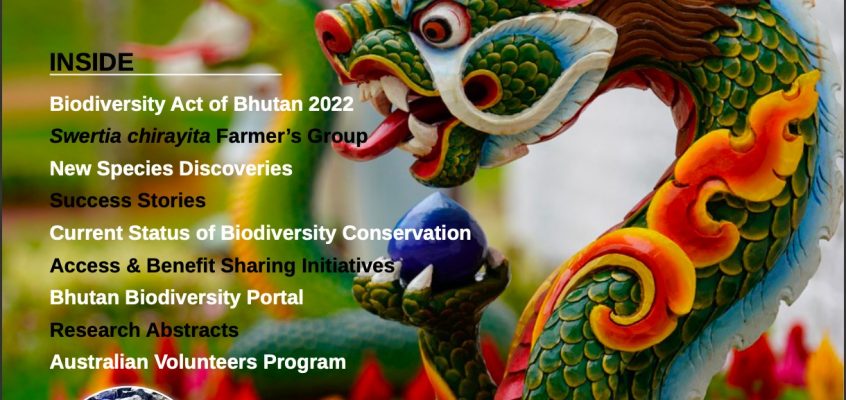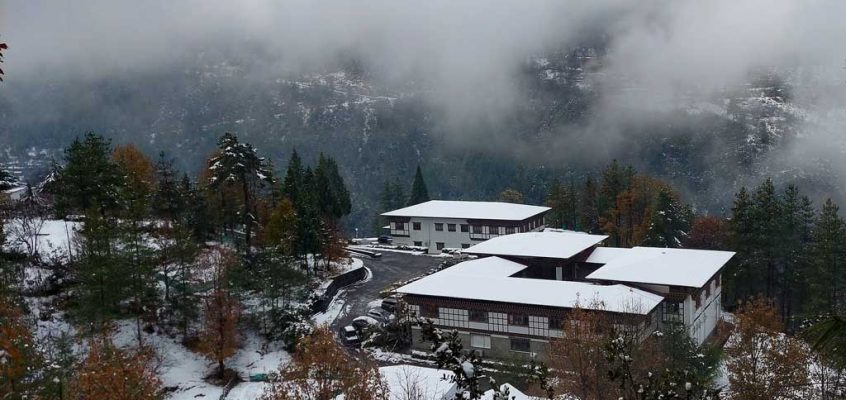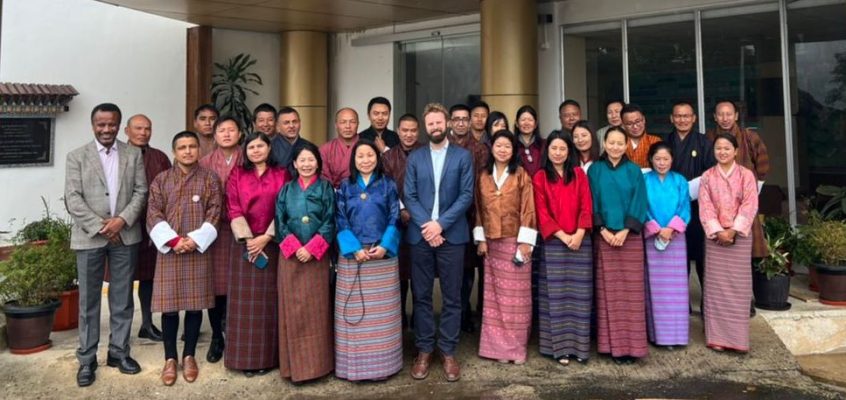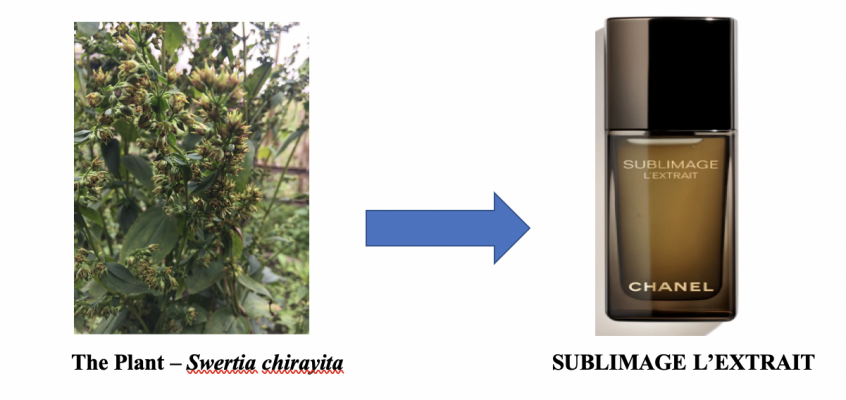NBC Status report 2022
The National Biodiversity Centre (NBC), MoAF is pleased to share the Centre’s Status Report 2022. This fiscal year observed several achievements and advancements in the field of biodiversity in Bhutan. Thus, through the Centre’s Status Report for the fiscal year, … Continued




